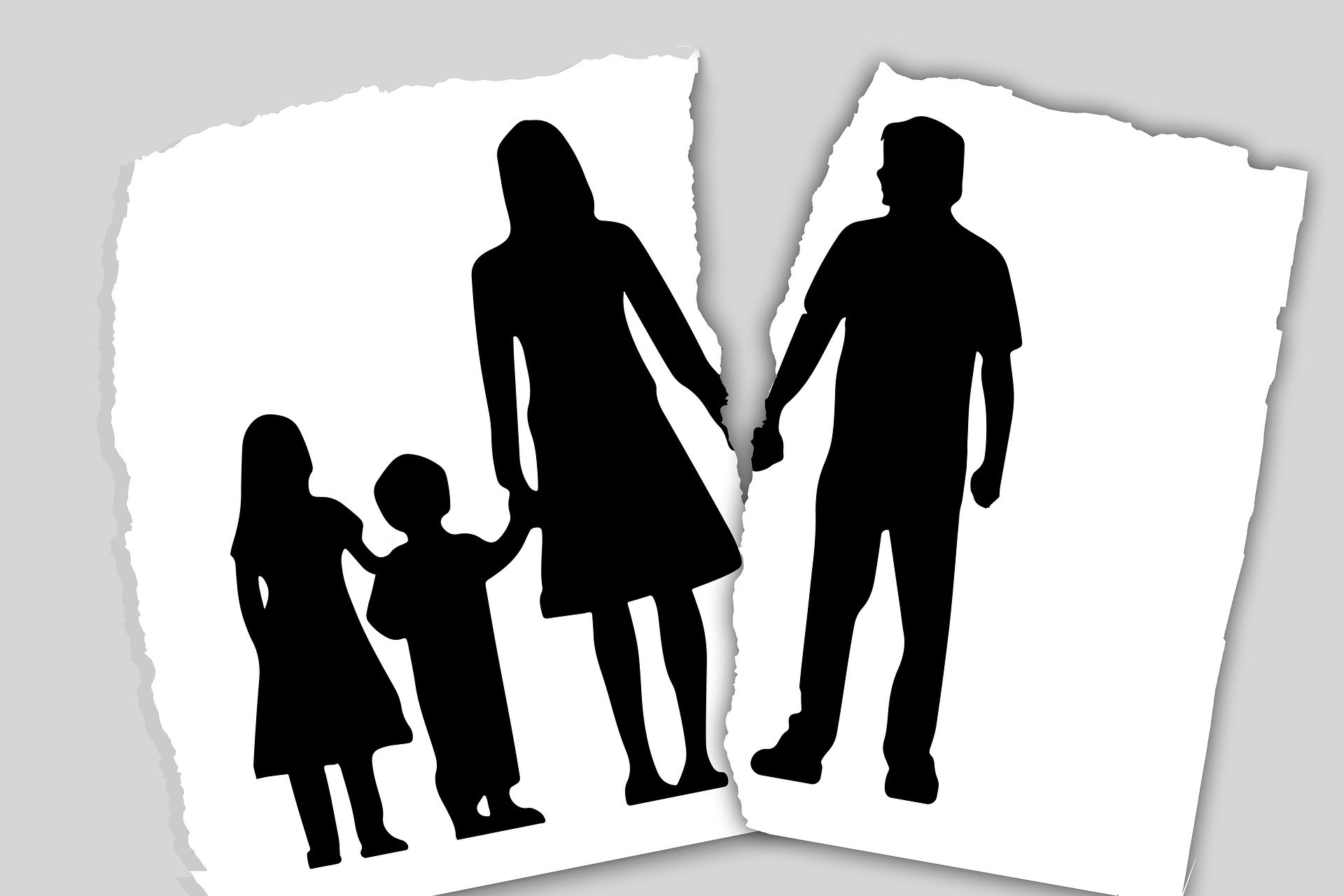Divorce is one of those experiences no one expects to go through when they first get married.
Yet, when a marriage reaches its breaking point, the inevitable question arises: How long will this take?
The answer isn’t simple. Some divorces end in months, while others last for years, leaving both parties emotionally and financially drained.
In Long Island, New York, the time it takes to get divorced depends on several factors: how willing both parties are to work together and cooperate, the complexity of the assets involved, and if there are minors involved.
On top of that, you have the court system itself, which will grind things out slowly. It’s normal to feel overwhelmed at first. After all, no one wants five years or more in legal limbo.
Below are key factors that could determine how long your divorce takes in Long Island.
1. Long Island’s Complex Divorce Laws
Long Island, consisting of Nassau and Suffolk counties, is governed by the divorce laws of New York State. New York is also known as an equitable distribution state. This means that all marital assets are to be divided equitably but not necessarily equally.
It can get confusing because there is often a fine line between marital and separate property. For example, if one spouse owned a home before marriage but both paid the mortgage and contributed to upkeep during the marriage, it becomes complicated as to whether the appreciated value should be considered as separate or shared property.
Given the complexity of these issues, you need an experienced Long Island divorce lawyer to help protect your rights and assets. An attorney familiar with the local divorce laws can guide you on the right course of action, making the whole experience less stressful.
This can include specifics such as procedural time frames and required filings in both Nassau and Suffolk counties to avoid any unnecessary delays.

2. Agreement Spectrum: Uncontested vs. Contested Divorce
Uncontested or contested – the nature of your divorce is a factor that significantly affects how long a divorce takes. In an uncontested divorce, both spouses agree on everything to be decided upon, such as division of property, child custody and visitation schedules, and with or without spousal support.
Since there are no disagreements between you and your spouse, the process usually takes a few months due to documentation being produced and filed at different intervals. Of course, this will be subject to the court docket schedule.
However, a “contested divorce” occurs when spouses do not agree on some or any terms of their divorce, and court intervention is necessary to resolve these disagreements. Depending on the complexity of the issues presented to the court, a contested divorce can take a few weeks up to six months in most states but can sometimes be longer.
For instance, disputes over asset valuation or misconduct allegations can prolong proceedings, sometimes stretching the timelines into years.
3. Complexity of Marital Assets: Untangling Financial Threads
The nature and extent of marital assets significantly influence the divorce timeline. If you and your spouse have very simple, straightforward martial assets, like a one-family home, then it will be easier to reach an agreement, resulting in a quicker resolution.
Things can be more complicated and time-consuming if the marital estate includes significant or complex assets. For example, careful consideration must be given when determining the division of retirement accounts to prevent mixing separate and marital property.
Similarly, business valuations, especially where both spouses are active in the business, can be complicated and require an expert’s opinion. This complexity and the inability to obtain valuations promptly often prolong a divorce, as negotiations cannot begin until values are obtained.


4. Child Custody and Support Disputes
Child custody and support disputes can drag out the divorce process. The court always places the child’s best interests first. So, if the parties cannot agree on a plan regarding these issues, then the court will have to intervene—this can take much longer if investigations are involved.
For instance, if there’s an issue about a parent’s fitness or allegations of abuse or neglect, the court can order an evaluation by either a child psychologist or social worker. It takes time to get on an evaluator’s calendar, complete the evaluation and file a report with the court.
The court generally won’t make any substantive decisions until it’s had a chance to review that report. If other experts are required on family law-related topics (i.e., real estate appraisals), then each can request said appointment or evaluations in building their case.
It’s also worth noting that emotional tensions during custody disputes can make negotiations more challenging, potentially leading to longer resolution times.


5. Mandatory Waiting Periods
Unlike some states, New York Divorce Law does not impose a compulsory waiting period before a divorce can proceed. Once you file the necessary paperwork and serve it on your spouse, you are good to go without waiting several months before the Court finalizes your matter.
There is no “cooling off” period that requires parties to wait for either party to have time to consider whether they want a divorce. This benefits couples looking for a quick resolution as it avoids too much back-and-forth.
However, not having a mandatory waiting period does not automatically expedite the process. Court schedules, the complexity of the case, and the level of cooperation between spouses are all factors that will influence how soon the process can be completed.
In addition, although there is no state-imposed waiting period, judges may set their timelines for proceedings that will affect the overall duration. Certainly, having no required waiting period helps speed up a divorce, but other factors must also fall into place.
Final Thoughts
There isn’t a one-size-fits-all answer to the question, “How long does a divorce in Long Island take?” The length of your divorce will based on numerous factors, including how complicated your case is and how willing you and your spouse are to work together.
For most uncontested divorces, the paperwork is filed, and both parties obtain a divorce in about three to six months. However, if there are disagreements or if something doesn’t go as planned, it can take longer. Uncontested divorces that require a trial may take a little longer—usually four to five months.
Knowing what factors affect the process will help you manage your expectations. Nobody wants their divorce to drag on longer than necessary, but patience and keeping the right perspective can make all the difference.
As always, working with an experienced divorce lawyer and being open to compromise will help lead to a quicker and more peaceful resolution.



